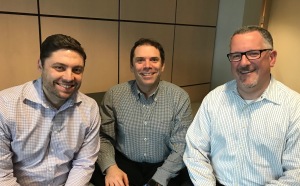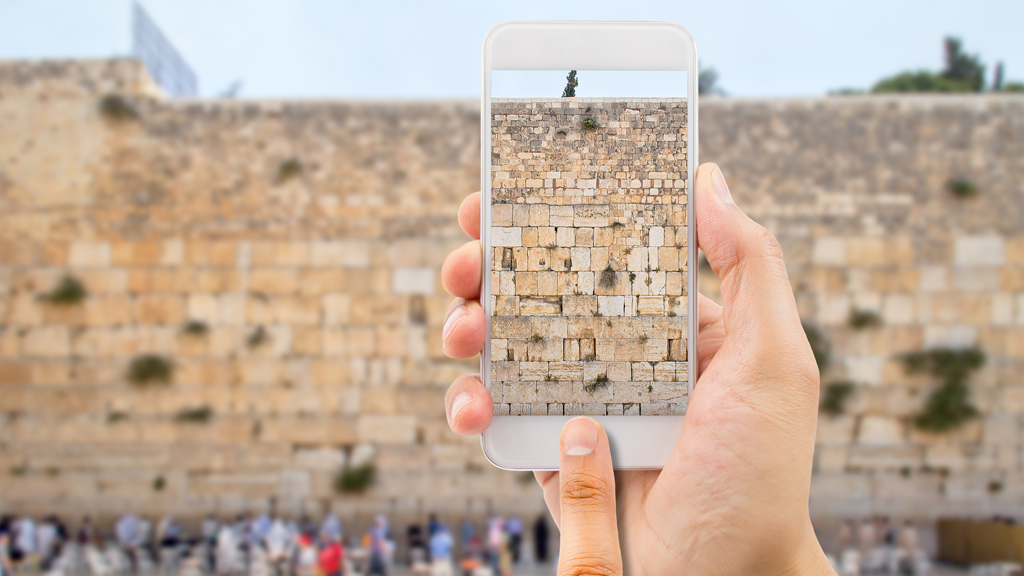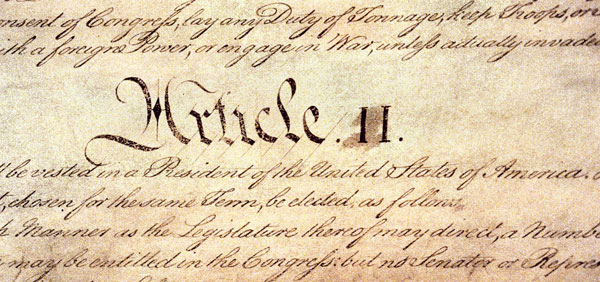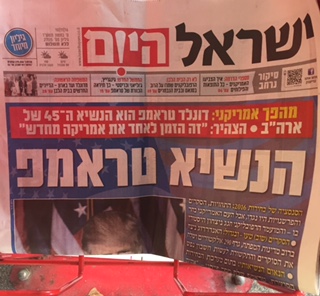Hineni- Here Am I
You know, theology is a funny thing. It can be the subject of high minded debate in the university classroom, of devout pursuit in the halls of a seminary and used as a weapon in politics as well.
But I wonder how often we take the opportunity to ponder our own theology as Jews. There are lots of prayers in the siddur in which we ask God for sustenance, renewal, understanding, humility, joy.
We also believe in following a baseline of Jewish observance, mitzvoth, after all, have to be commanded by something or someone.
Most of the year, though, i don’t think many of us give a lot of thought to the man behind the curtain. We focus on our acts, and our community, our shared struggles and our pursuit of self betterment.
But where’s God? Then the High Holidays come, and its all we can get think of. Who shall live and Who shall die. Who shall be sealed in the great book of life.
It’s a daunting switch to say the least. It’s almost like our liturgy has a split personality. How come these existential questions only come at us 3 days a year? Is that why so many people come to shul on those days?
More to the point, how can we possibly be ready for the enormity of facing our relationship with God and Gods place in the world when the rest of the year hasn’t really prepared us?
For my part, I think that’s what the Hineni prayer seeks to answer. Or at least struggle with. “Here I am, poor in deeds, terrified and trembling before the One who sits on the throne receiving our Tfilot”
Some people think that the Hineni is just a show piece for the Hazzan, to highlight his voice and have a grand moment in front of the congregation.
Actually, I’ll tell you, it is terrifying. And the words are a sharp wake up call that this, all of this is very real and very urgent.
“Do I believe? Do I not believe? Does God hear my voice?”
I think the Hazzan’s prayer expresses what many of us feel. A sense of awe, fear and bewilderment all wrapped up into one.
“Here Am I” said Abraham, Moses and most recently Leonard Cohen, when they were called by God.
When God calls to us on these High Holidays, will we be ready? Now is the time to ponder, explore, meditate and maybe even journal your innermost thoughts on God, faith and the nature of our existence.
Come to synagogue ready, prepared to struggle, sing, cry aloud and experience the majesty of the holidays
L’Shanah Tovah
Hazzan’s Fradkin






